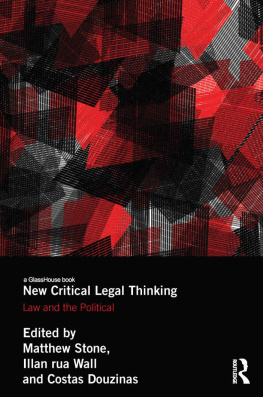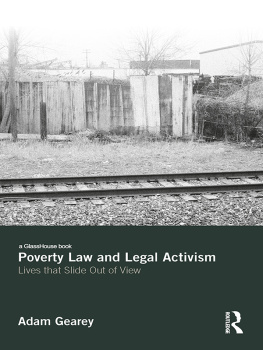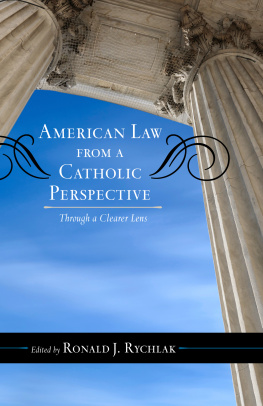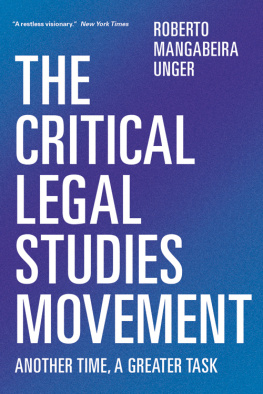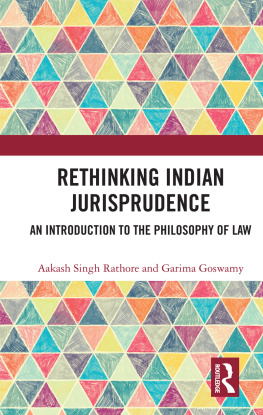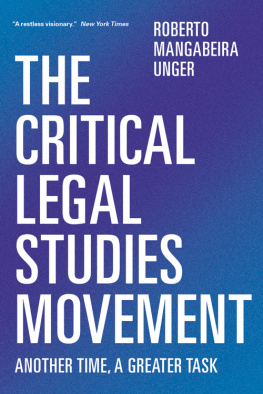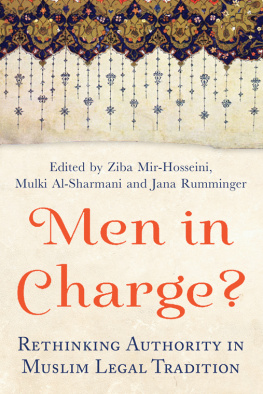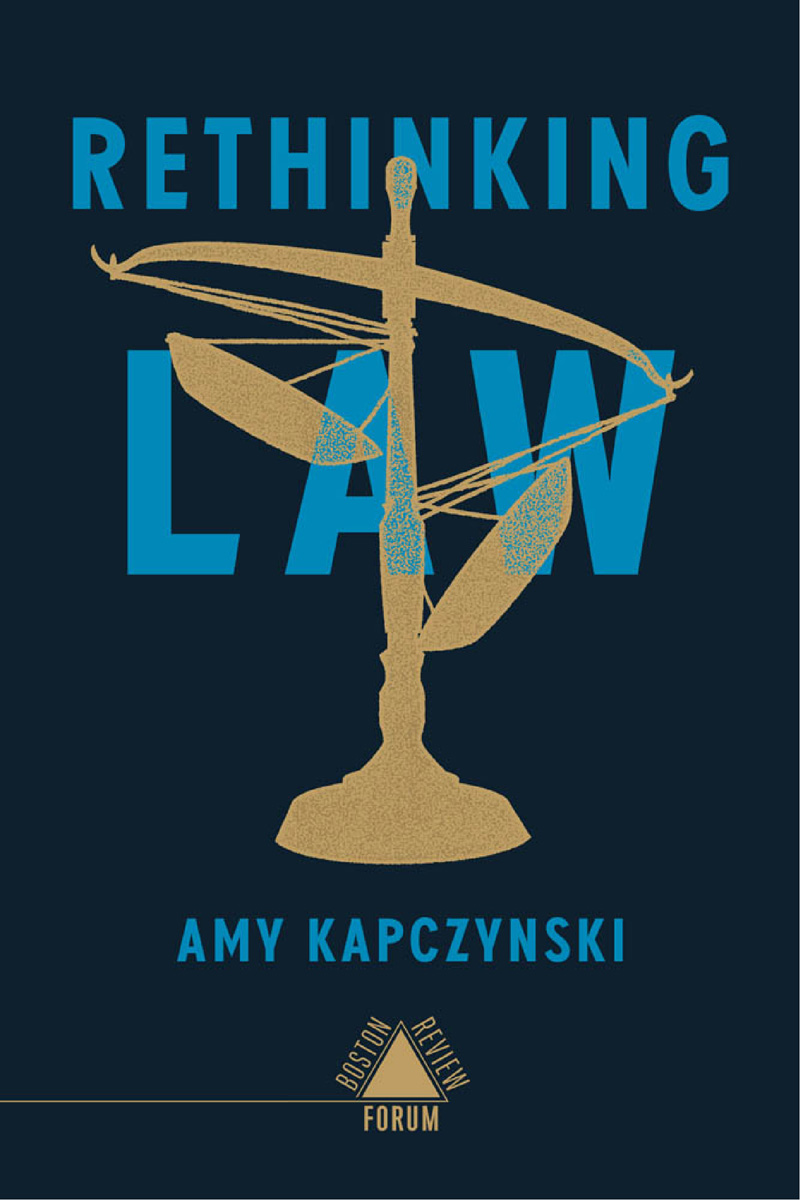Editors-in-Chief Deborah Chasman & Joshua Cohen
Managing Editor and Arts Editor Adam McGee
Senior Editor Matt Lord
Digital Director Rosie Gillies
Manuscript and Production Editor Hannah Liberman
Contributing Editors Adom Getachew, Walter Johnson, Amy Kapczynski, Robin D. G. Kelley, Lenore Palladino, & Paul Pierson
Contributing Arts Editors Ed Pavli & Ivelisse Rodriguez
Black Voices in the Public Sphere Fellows Nia T. Evans & Nate File
Editorial Assistants Rosy Fitzgerald & Julia Tong
Special Projects Manager Mara Clara Cobo
Finance Manager Anthony DeMusis III
Printer Sheridan PA
Board of Advisors Derek Schrier (Chair), Archon Fung, Deborah Fung, Richard M. Locke, Jeff Mayersohn, Jennifer Moses, Scott Nielsen, Robert Pollin, Rob Reich, Hiram Samel, Kim Malone Scott, Brandon M. Terry
Interior Graphic Design Zak Jensen & Alex Camlin
Cover Design Alex Camlin
Rethinking Law is Boston Review Forum 22 (47.2)
Make Progressive Politics Constitutional Again is adapted from The Anti-Oligarchy Constitution: Reconstructing the Economic Foundations of American Democracy by Joseph Fishkin and William E. Forbath, published by Harvard University Press. Copyright 2022 by the President and Fellows of Harvard College. Used by permission. All rights reserved.
The Imperial Roots of the Democracy of Opportunity by Aziz Rana is adapted from the Law and Political Economy blog.
What Movements Do to Law by Amna A. Akbar, Sameer Ashar, & Jocelyn Simonson is adapted from the article Movement Law, published in Stanford Law Review 73.4 (April 2021).
To become a member, visit
store.bostonreview.net/memberships
For questions about donations and major gifts, contact
Mara Clara Cobo,
For questions about memberships, call 877-406-2443
or email .
Boston Review
PO Box 390568
Cambridge, ma 02139
issn : 0734-2306 / isbn : 978-1-946511-72-0
Authors retain copyright of their own work.
2022, Boston Critic, Inc.
d_r0
CONTENTS
EDITORS NOTE
Deborah Chasman & Joshua Cohen
a conservative supreme court is poised to roll back many progressive achievements of the late twentieth century, from affirmative action to abortion. Income and wealth inequality are a continuingand growingdisgrace. Structural barriers to democracy impede popular accountability, from the Senate to the Electoral College, and the orderly transfer of power is itself under threat. All the while, the U.S. criminal justice systemwith its powerful racial inflectionremains the most punitive such system on our burning planet.
Legal scholars Joseph Fishkin and William E. Forbath argue that a progressive response to these challenges demands a decisive break from postwar liberal legalism. After the New Deal, they argue, liberals sought to cordon off both law and the economy from democratic politics. For a brief period, judicial supremacywith the Supreme Court settling the meaning of the Constitutionlooked like a good bet, yielding greater civic inclusion and deference for progressive legislation. In the end, though, it was a poisoned pawn, as judges won unprecedented power to constrain legislative initiatives and threaten the affirmative state. The alternative, Fishkin and Forbath contend, is to recover a lost vision of progressive politicswhat they call the democracy-of-opportunity tradition. That tradition marries a substantive, political-economic visiona racially inclusive, anti-oligarchic Constitutionwith a democratic conception of the public, not the judiciary, as the ultimate arbiter of constitutional meaning. Respondents explore the prospects of this ambitious proposal and wonder whether it is ambitious enough to address our most serious challenges.
Other essays in this special issuedesigned with the help and guidance of Boston Review contributing editor Amy Kapczynski further reflect on the meaning of law beyond the Constitution and the courts. Some look to social movements, from queer liberation to reproductive and racial justice, for lessons about social transformation and the limits of legal demands. Others examine contested legal concepts, including human rights and Martin Luther King, Jr.'s conception of unjust laws. Together they offer a nuanced picture of the relationship between law and politics. As Paul Gowder notes in his contribution, our moment of legal precarity might best be served by what critical race theorist Mari Matsuda once called multiple consciousness. In a deeply unequal society, the law can certainly impede progress, but it also remains an essential resource in building a more just world.
FORUM
MAKE PROGRESSIVE POLITICS CONSTITUTIONAL AGAIN
Joseph Fishkin & William E. Forbath
two years of a devastating pandemic have exposed deep cracks in the U.S. political and economic order. After decades of economic policies that hollowed out the middle class, shocking numbers of Americans lacked the economic means to withstand COVID-19's disruptive force. But the pandemic also demonstrated that economic policy is not set in stone. For a brief moment, before collapsing back into familiar patterns of polarization and obstruction, the federal government stepped in with the money to rescue vast numbers of Americans from economic ruin.
The Democrats are, for now, about two Senate votes shy of enacting a series of major reforms that would address climate change, voting rights, and the outsize political and economic power of the rich. But even assuming that Democrats manage to enact such measuresovercoming our system's many antidemocratic veto points, such as the Senate itselfthe toughest challenge is still to come. The looming risk is that all such reforms may be unraveled by the Supreme Court. The Court has made the Constitution a weapon for selectively striking down legislation the justices disfavor. They are highly likely to wield it against laws that aim to repair economic or political inequality.
The Court can do this with near-total impunity because many Americans accept the idea that the Supreme Court is the only institution with any role in saying what the Constitution means. Congress and other elected leaders, at best, can fill in the few blanks that the courts have left open. Rather than contesting the Court's power to make highly questionable judgments about the meaning of the Constitution, most liberals today defend the Court's authority. Their top complaint about the current Court is that it doesn't have sufficient respect for its own precedents, which today's majority is fast overturning as it lurches further right.
Mounting an effective challenge to our conservative juristocracy requires understanding how we got here. It is not just that the right out-organized the left. On the contrary, liberals have contributed to conservatives success by imagining constitutional law as an autonomous domain, separate from politics. Liberals have likewise imagined that most questions about how to regulate the economy are separate from politics, best left to technocrats. These two ideas have different backstories, but both were at the center of a mainstream liberal consensus that emerged after World War II. For postwar liberals, constitutional law was best left to the lawyers, economic questions to the economists. These two key moves sought to depoliticize vast domains that had previously been central to progressive politics. Together they tend to limit the role of the people and the representatives they elect.


